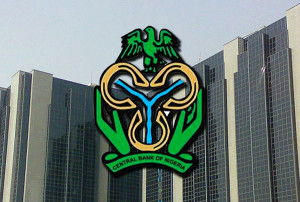
The Central Bank of Nigeria (CBN) on Thursday said it had disbursed the sum of $2.83bn worth of foreign exchange for the importation of various types of equipment in the real sector of the economy.
The amount was made available to the manufacturers to enable them source for raw materials and spare parts to boost production capacity.
The Acting Director, Corporate Communications Department, CBN, Isaac Okoroafor, who confirmed the development said the amount was released in the last two months covering December 2016 and January 2017.
Okorafor explained that manufacturing, raw material, and agriculture among others got the highest amount, adding that this was done by the apex bank as part of its measures to create jobs, reduce the level of poverty and ensure inclusive growth in the economy.
Providing a breakdown of the forex allocation, he said $609m and $228m were released for raw materials in the months of December and January respectively, while manufacturing got $53m and $71m respectively during the same period.
Okorafor, said the apex bank would continue to play its role by easing the foreign exchange pressure on critical sectors of the economy.
He said, “The Central Bank of Nigeria has disbursed the sum of $2.83bn for utilisation in the critical sectors of the economy between December 2016 and January 2017.
“Manufacturing, raw material and agriculture among others topped these disbursements targeted at employment generating and wealth-creating sectors of the economy.”
Okorafor had last month explained that the CBN was committed to ensuring that manufacturers of goods for which Nigeria does not enjoy comparative advantage were able to get letters of credit to import the required materials for their businesses.
He had stated that since the CBN introduced restrictions on the sourcing of forex for 41 items from the inter-bank market, the restriction had indeed yielded positive results.
He urged manufacturers to take advantage of the policy, which he noted was part of efforts by the CBN to ensure that Nigeria reclaims its status as a major producer through backward integration.
This, according to him, would assist in conserving billions of foreign exchange spent on import bills annually.